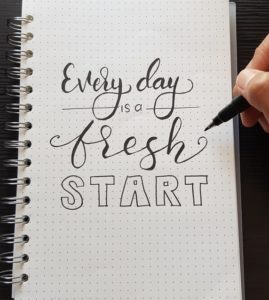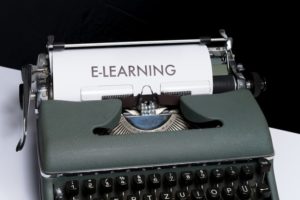
For this week’s free online professional development for preservice teachers, I took a course from the University of Colorado! Providing Social, Emotional, Behavioral, and Special Education Services in School is a twelve hour course on Coursera that focuses on how schools can support students with their social-emotional learning, as well as their mental health. While I think some of this course might have been more geared for school administrators, I still found the information really interesting and relevant to teachers. The course covered everything from bullying and suicide prevention to behaviour improvement plans.
One aspect of the course that stuck with me is how it emphasized how schools can not only provide mental health services and support to students who were in crisis or at risk. Mental health support can be implemented schoolwide. While the course was created with the United States education system in mind, almost all of it can be implemented in a British Columbian classroom. If you do not have the time or desire to complete the course but are still interested in the material, this is one of the readings I think is most helpful. It covers how to teach coping skills (such as how to deal with fear, sadness, stress, and grief) to students!




